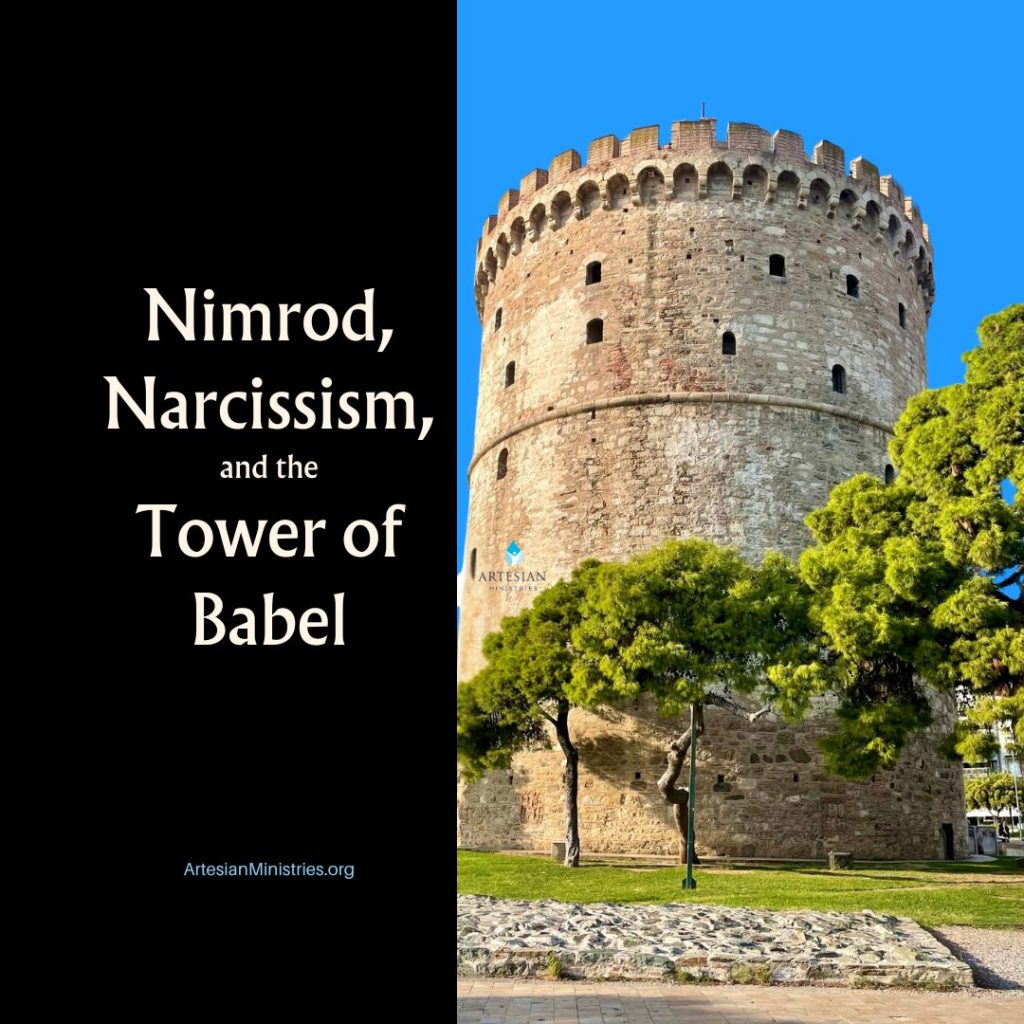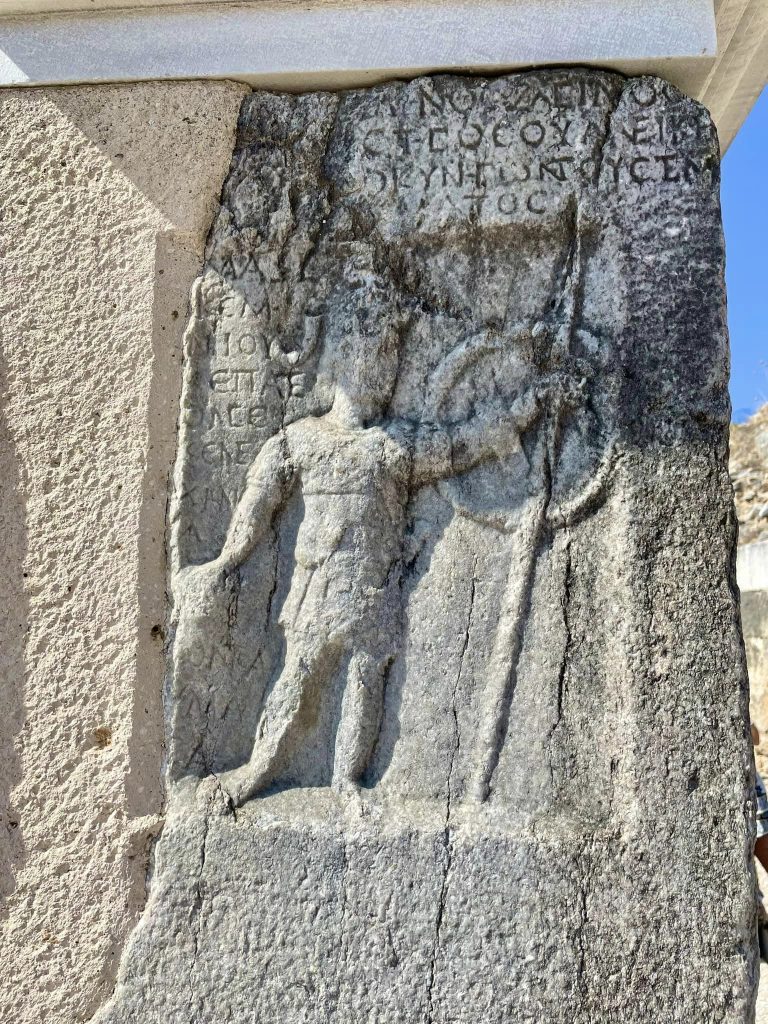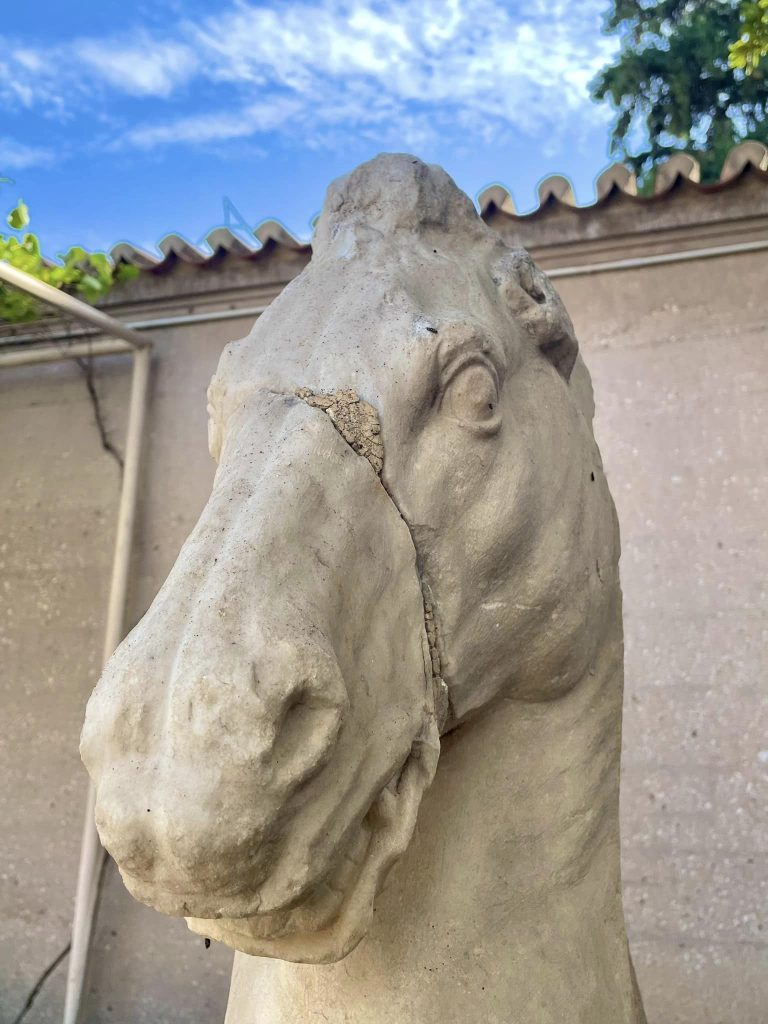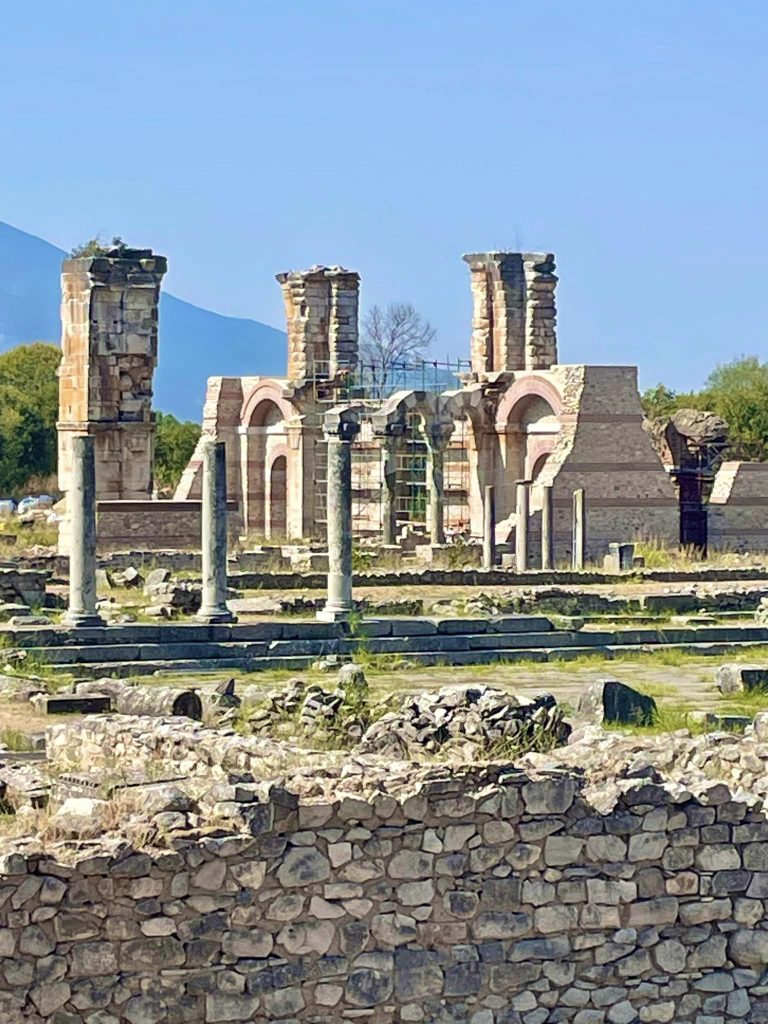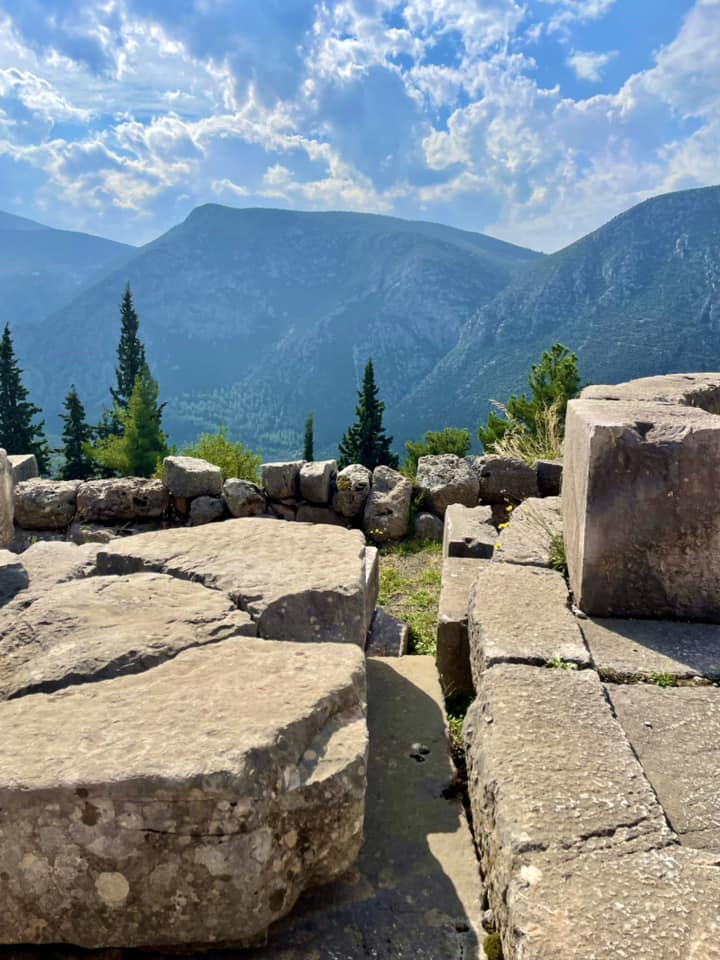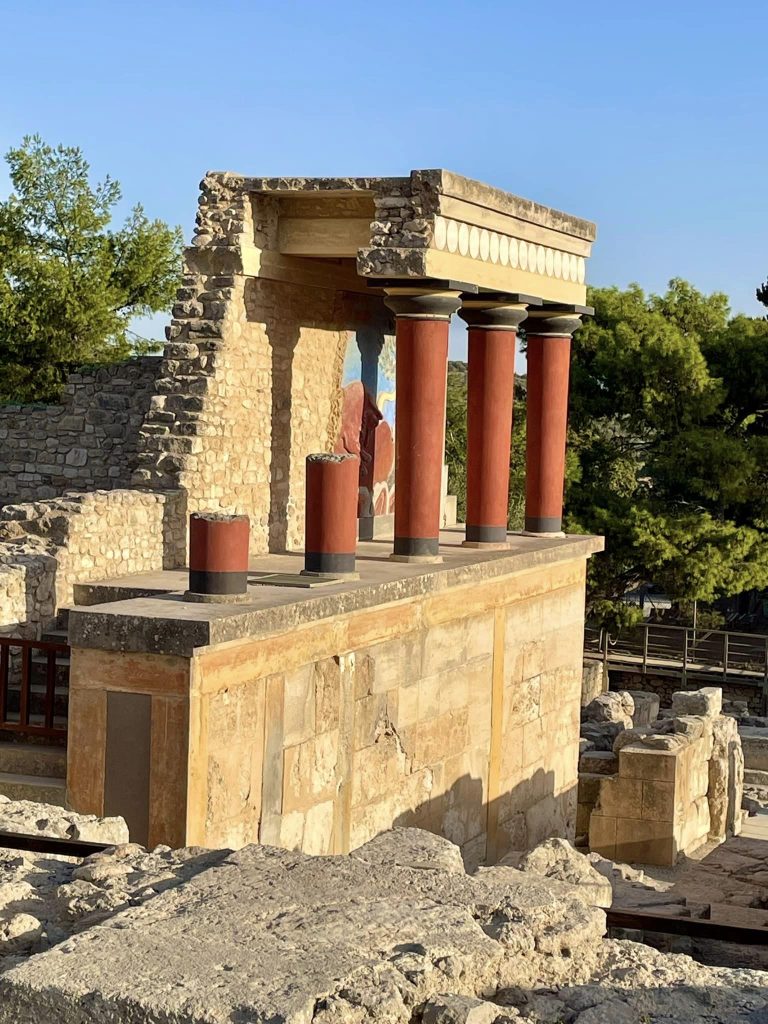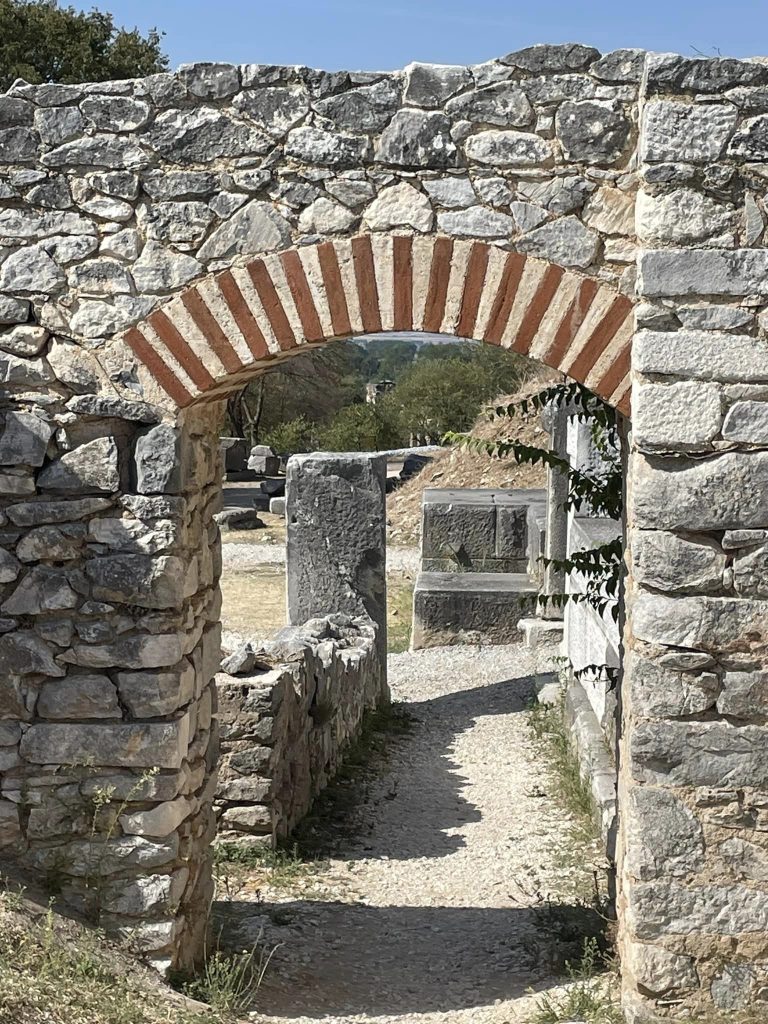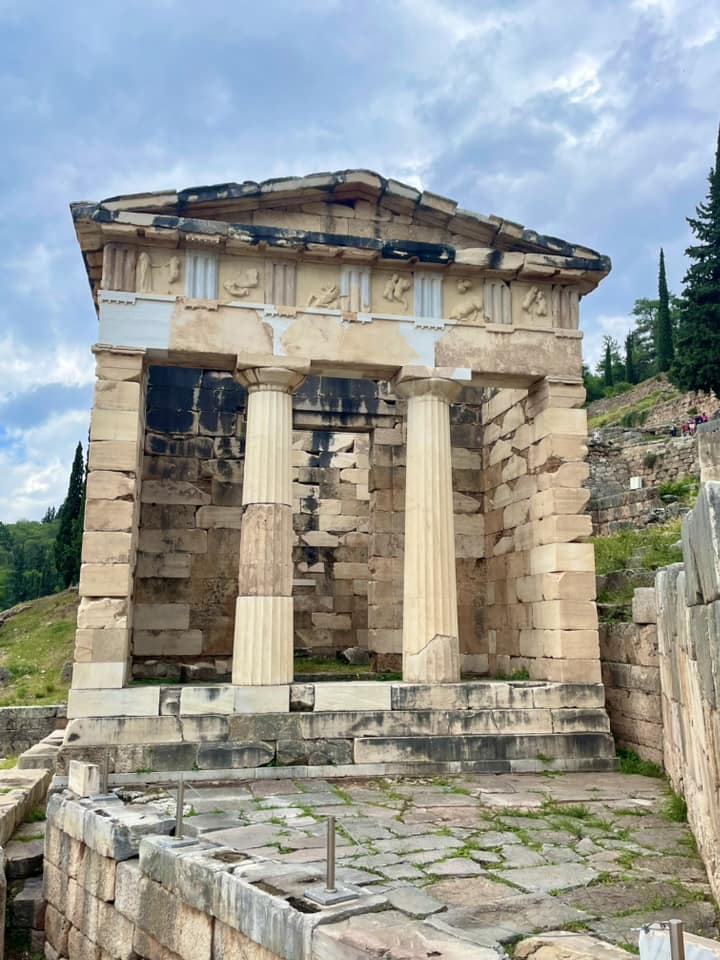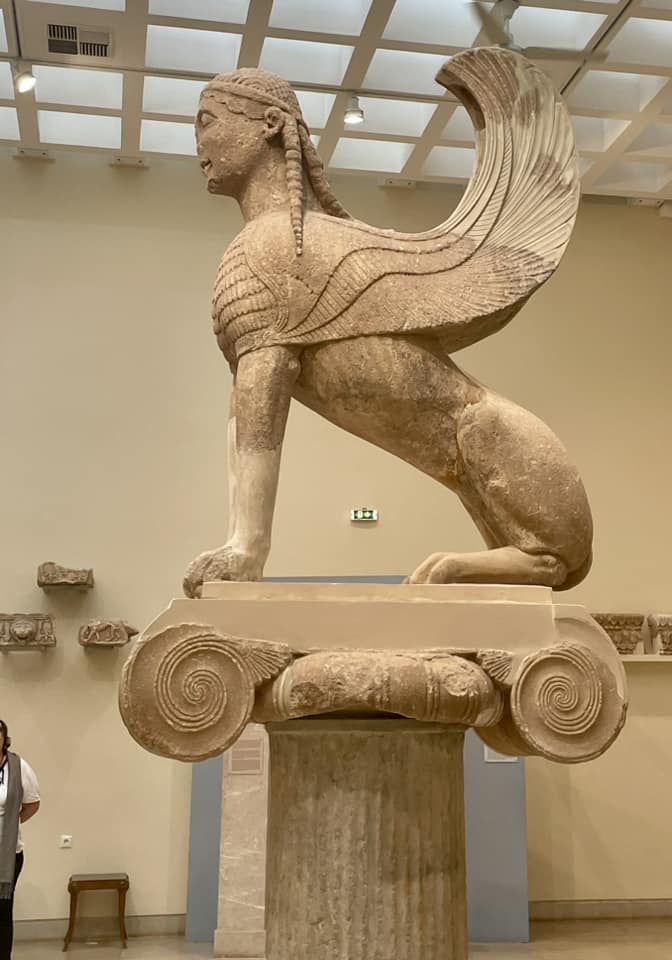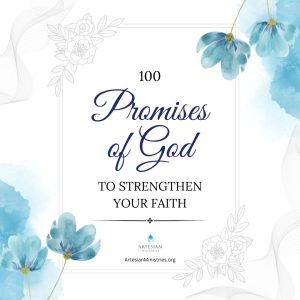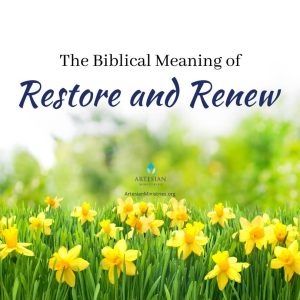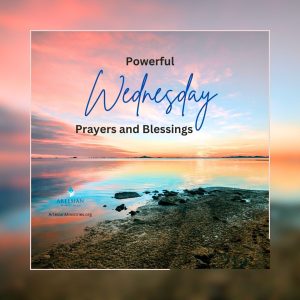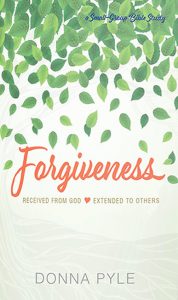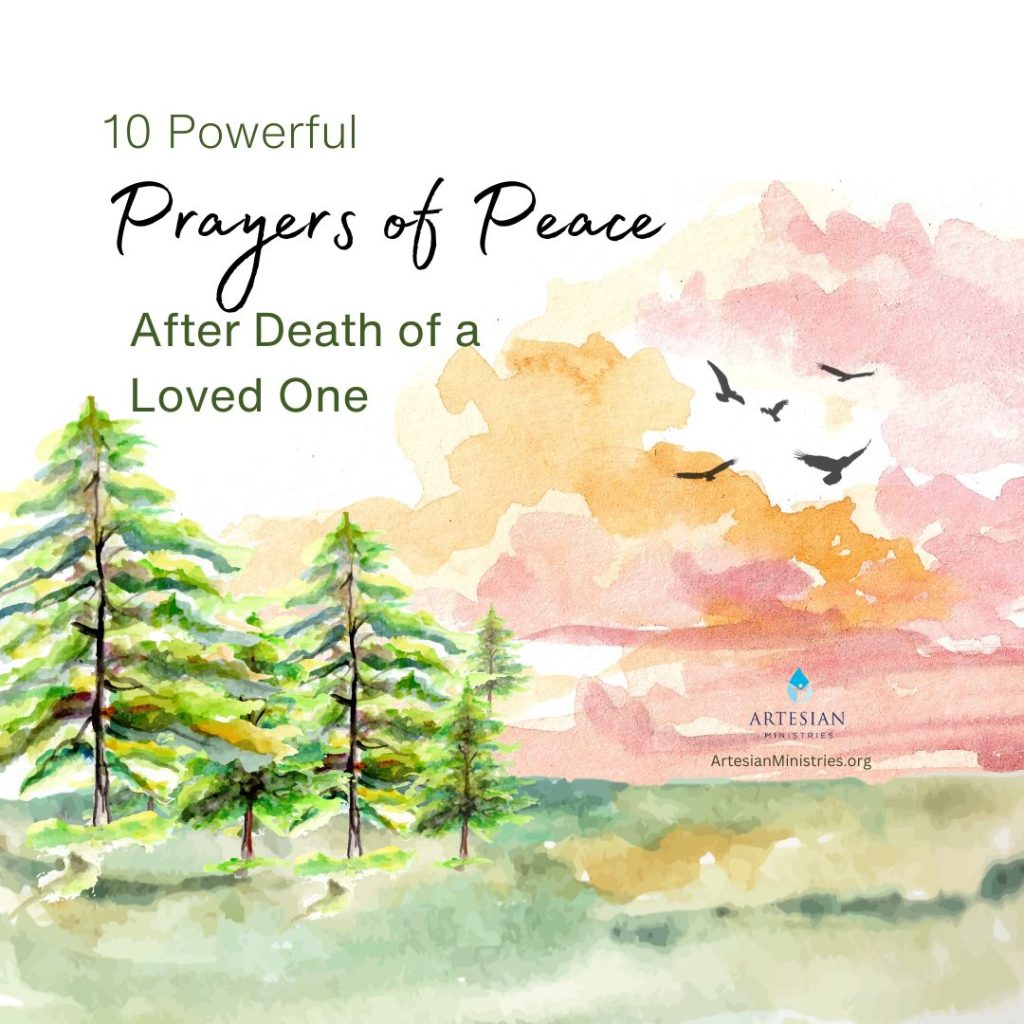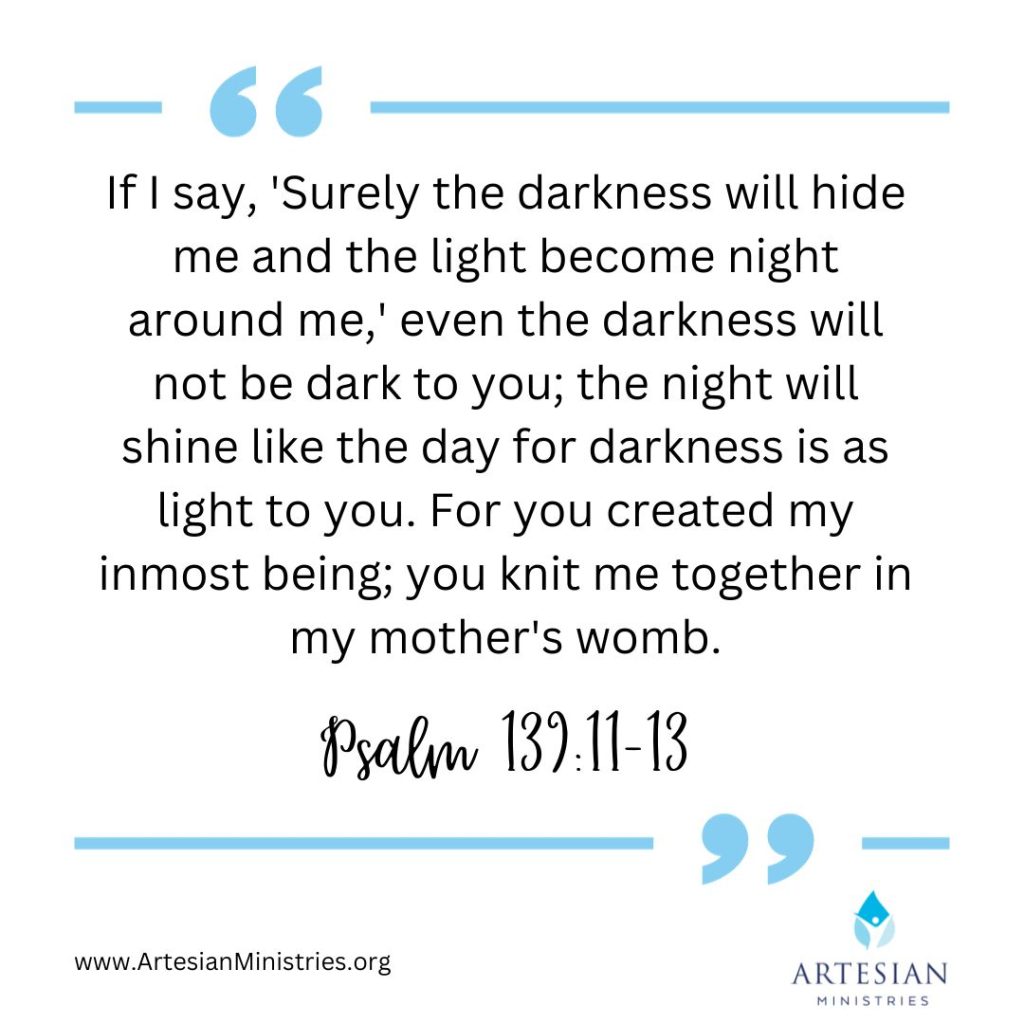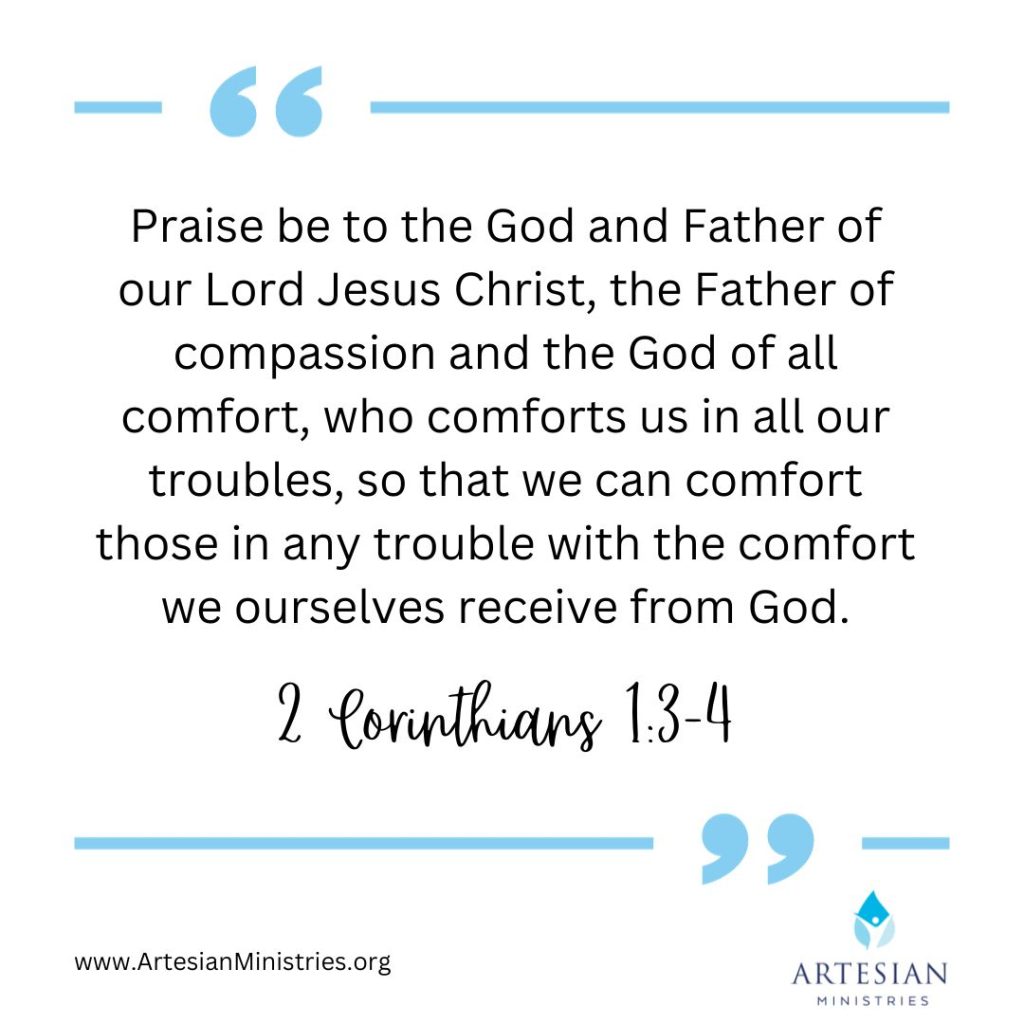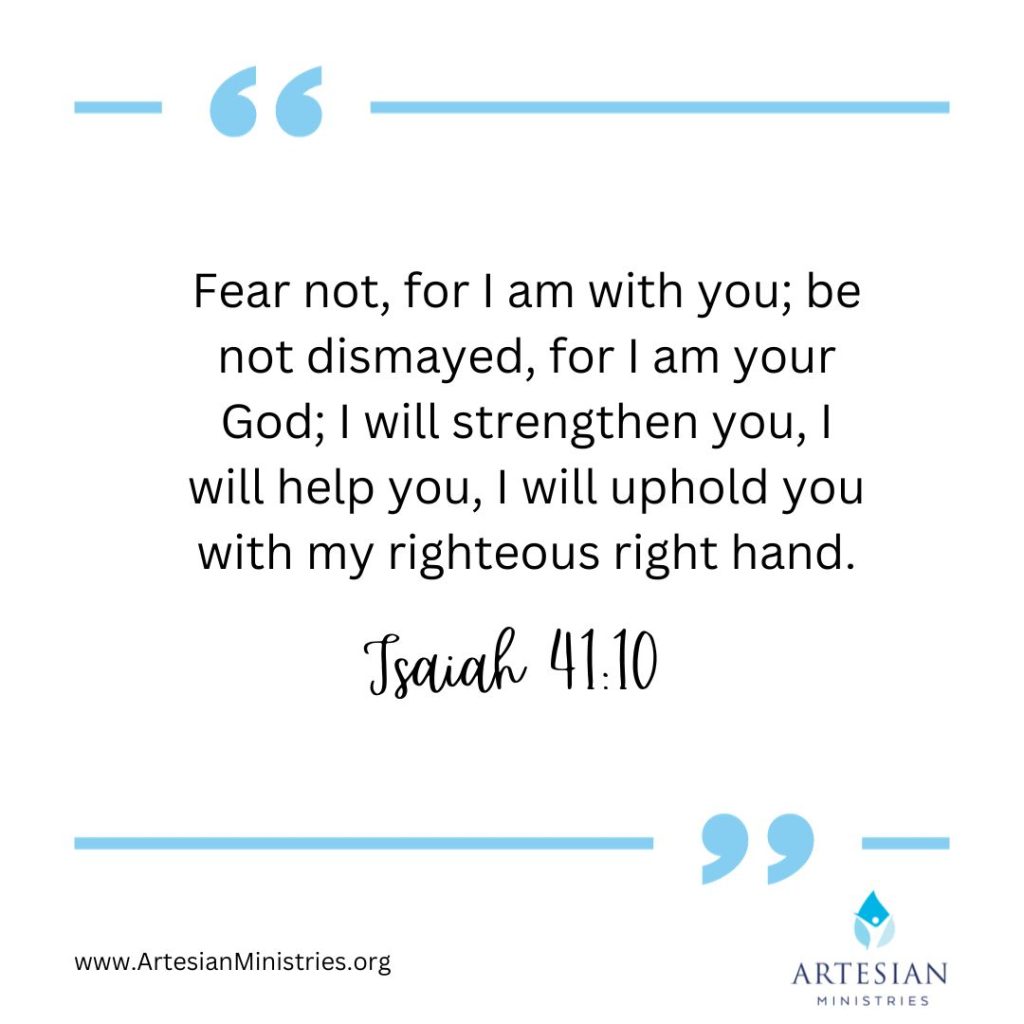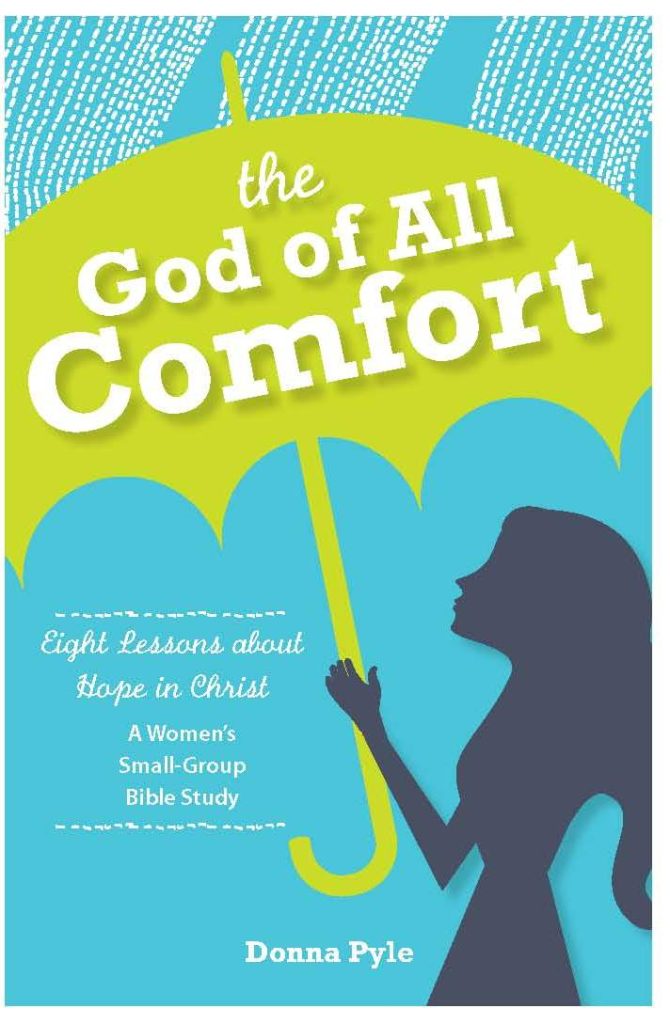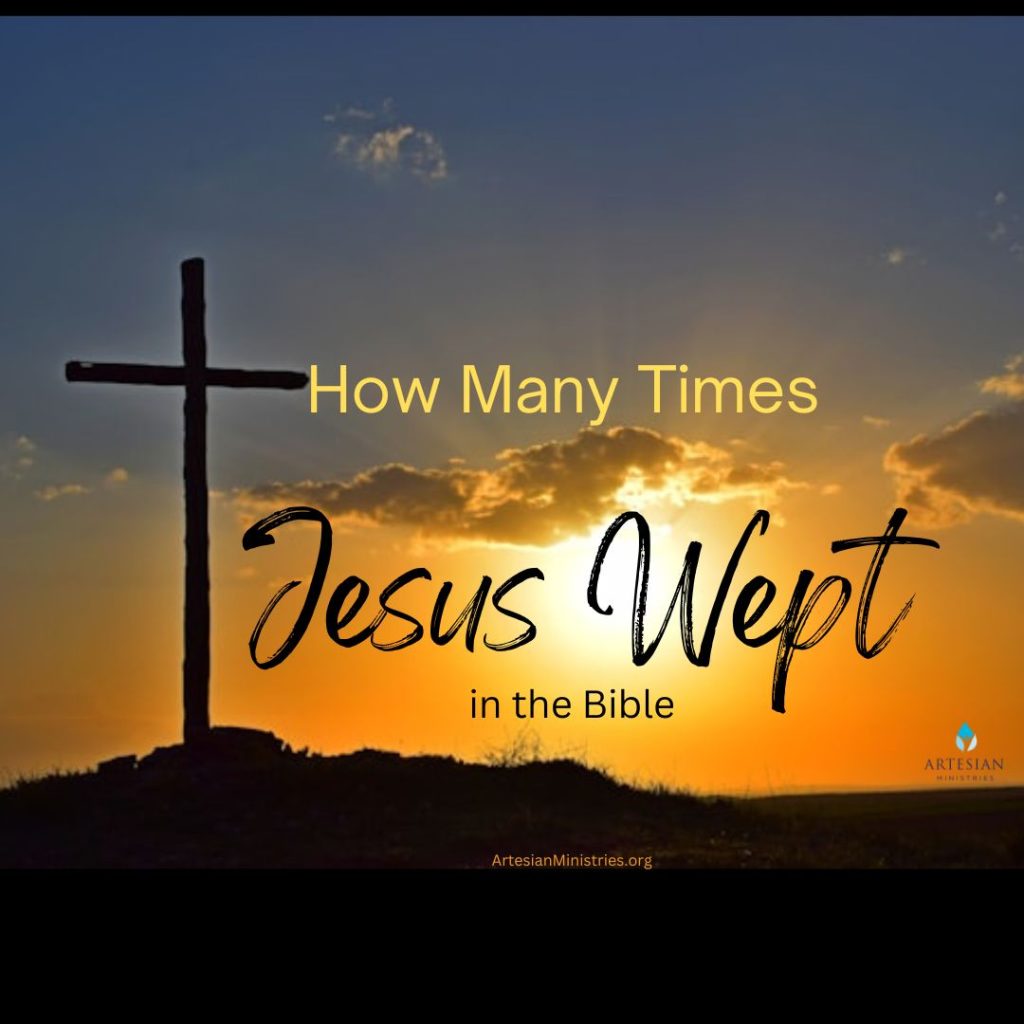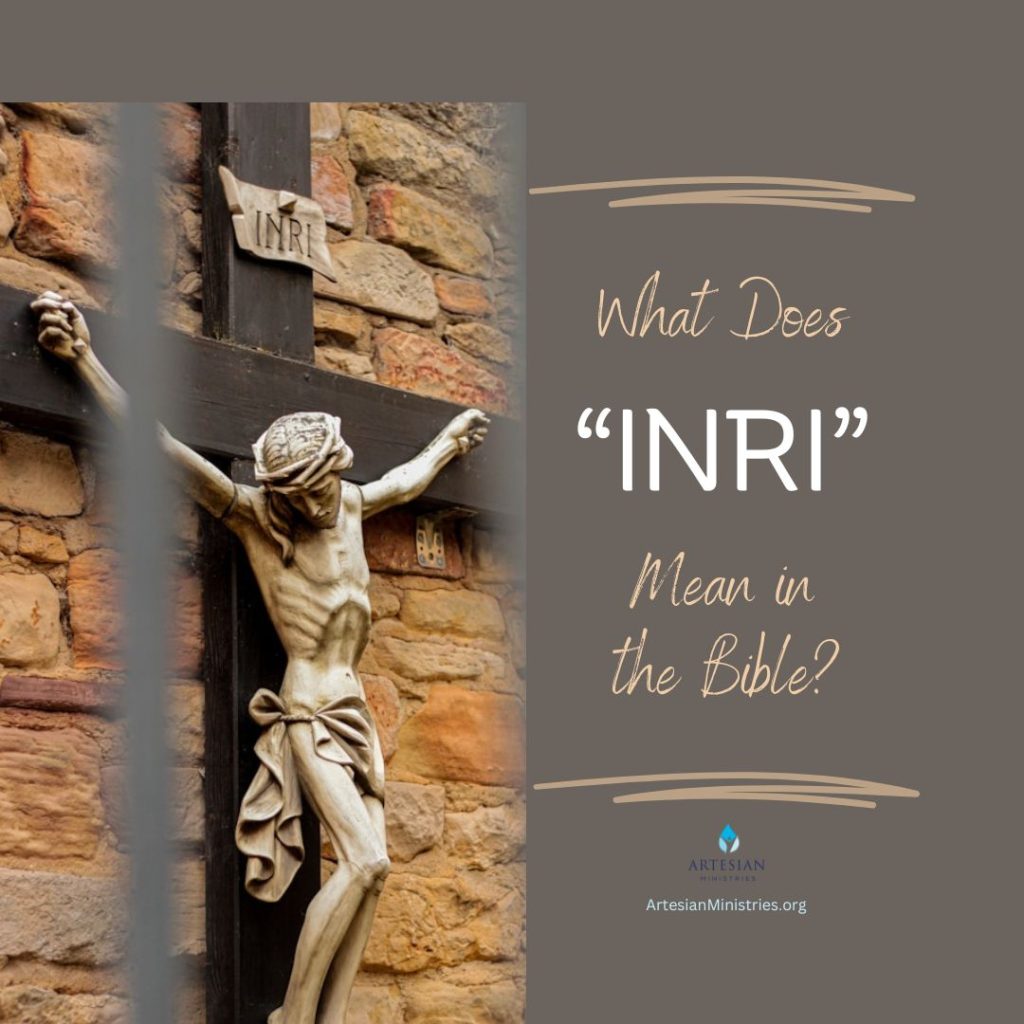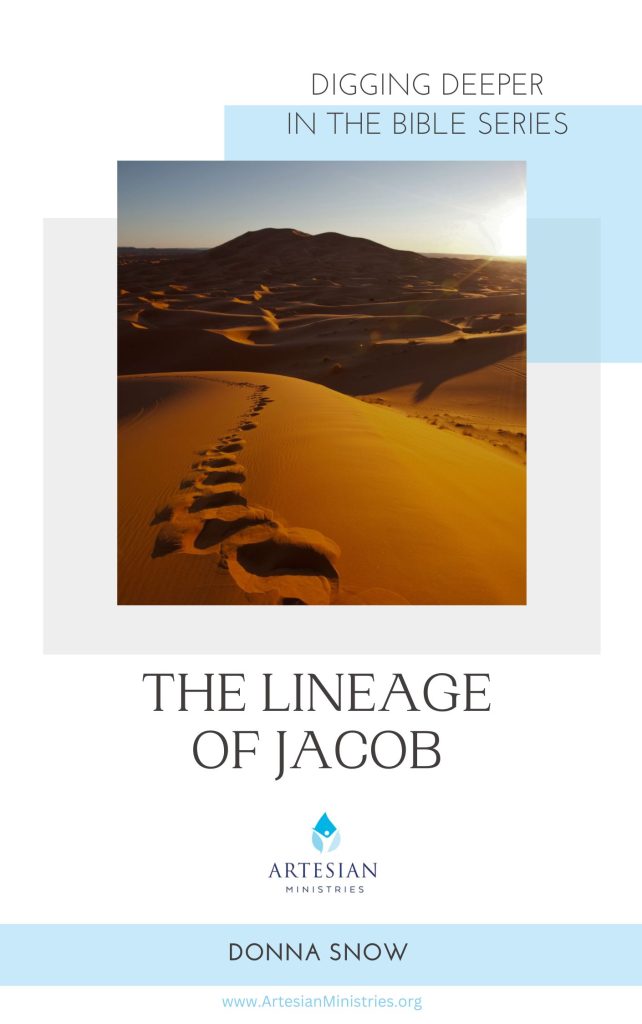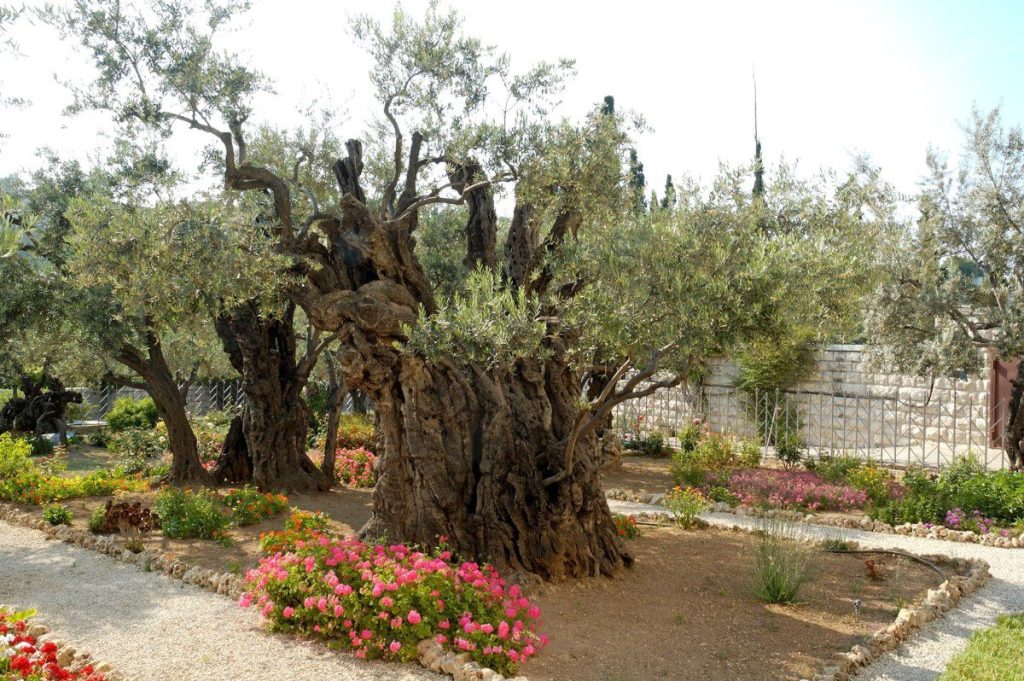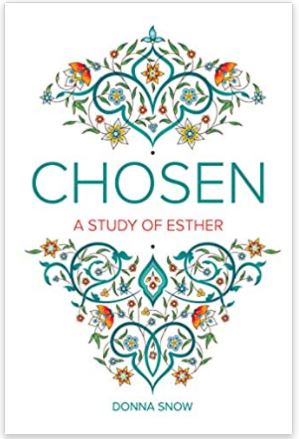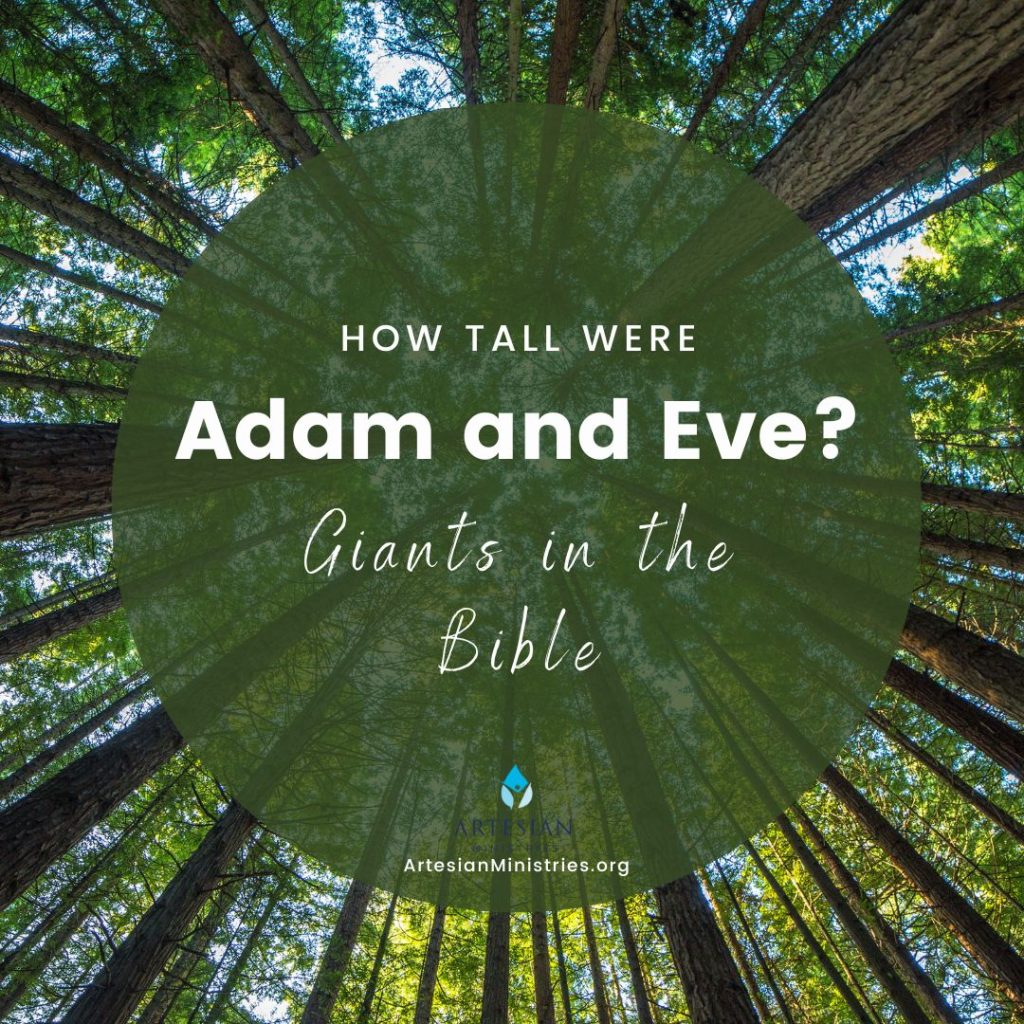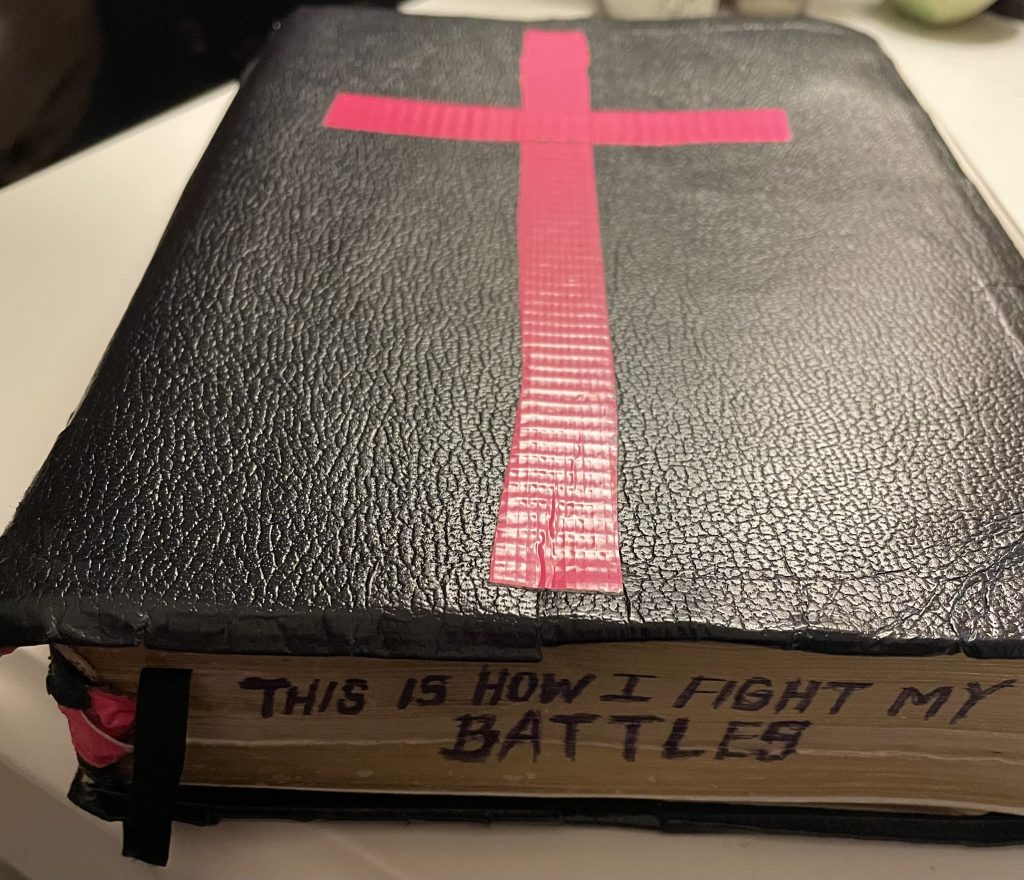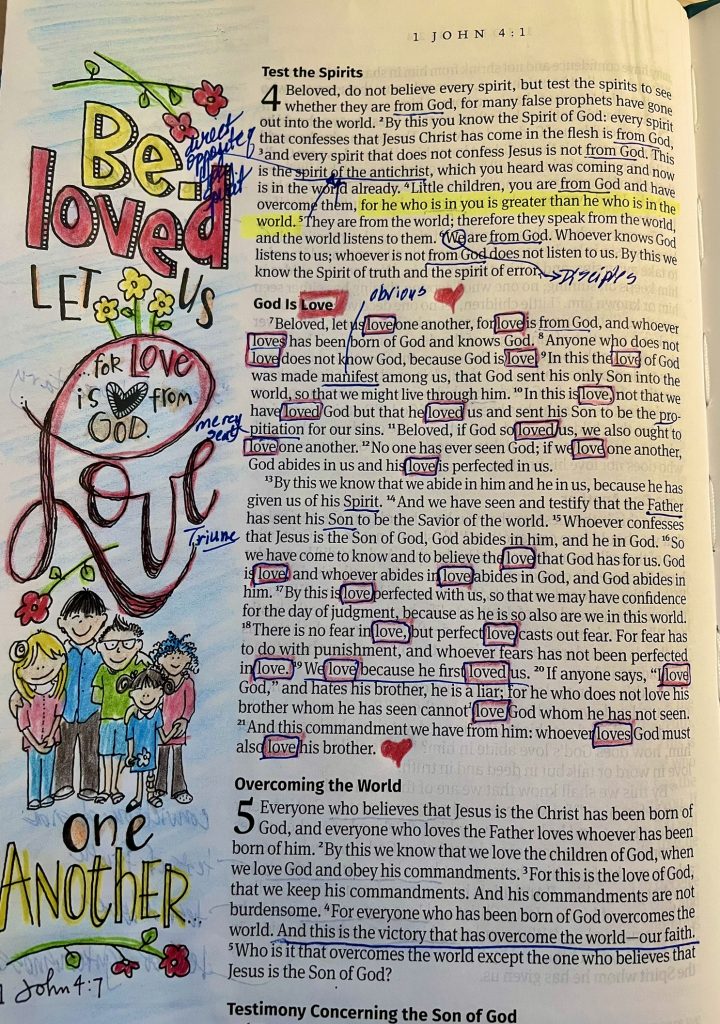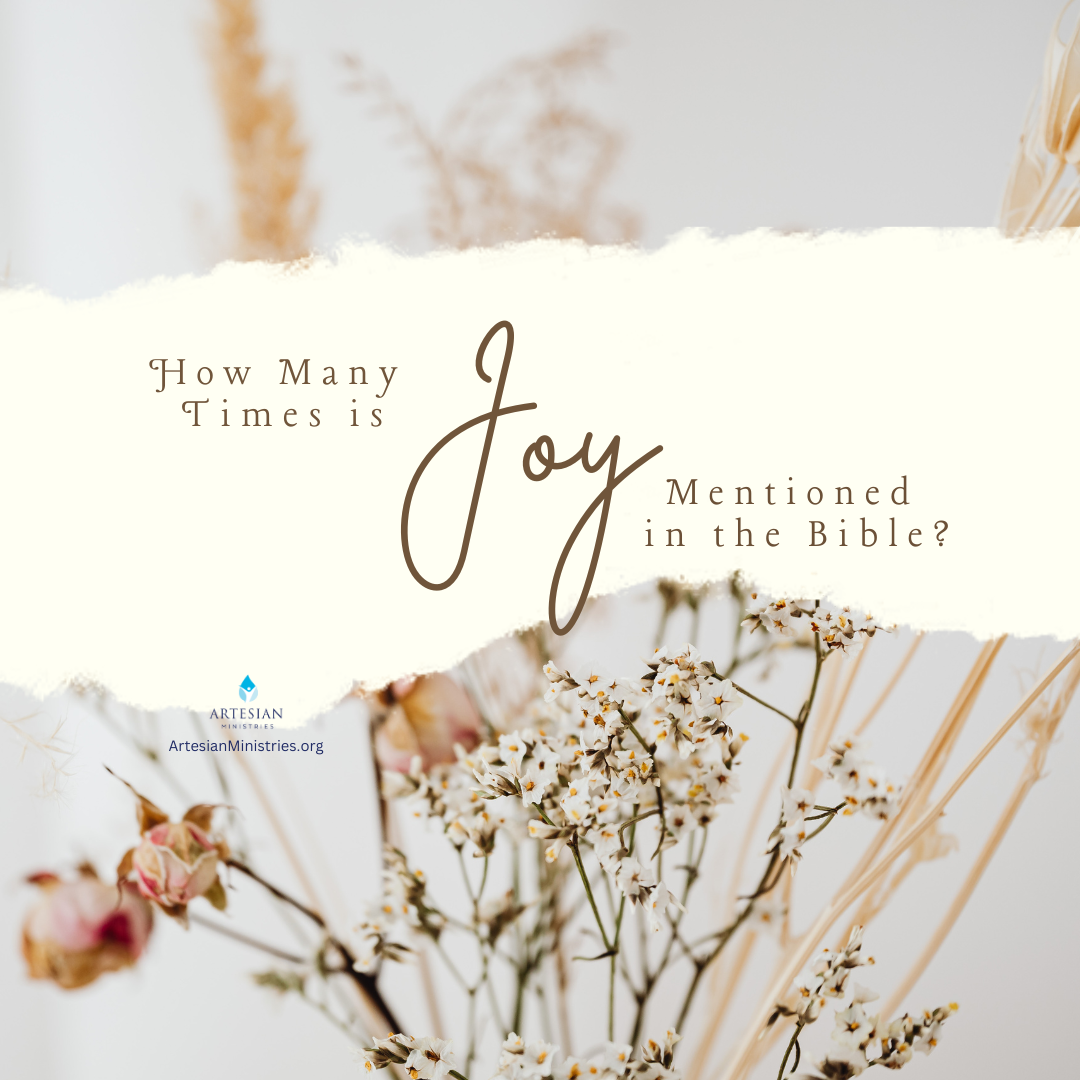The Psalms contain the full range of human experiences and emotions. They also include some of the most beautiful promises ever penned. These top 50 encouraging psalms were collected from my own experiences and the psalms I often see on social media or quoted by friends.
Some of these encouraging psalms are among the most popular Bible verses in Scripture. For ease of reference, I have grouped them by topic. If you are struggling or need encouragement in a particular area, I pray these psalms place your focus on the Lord and His complete provision over your life.
Contents
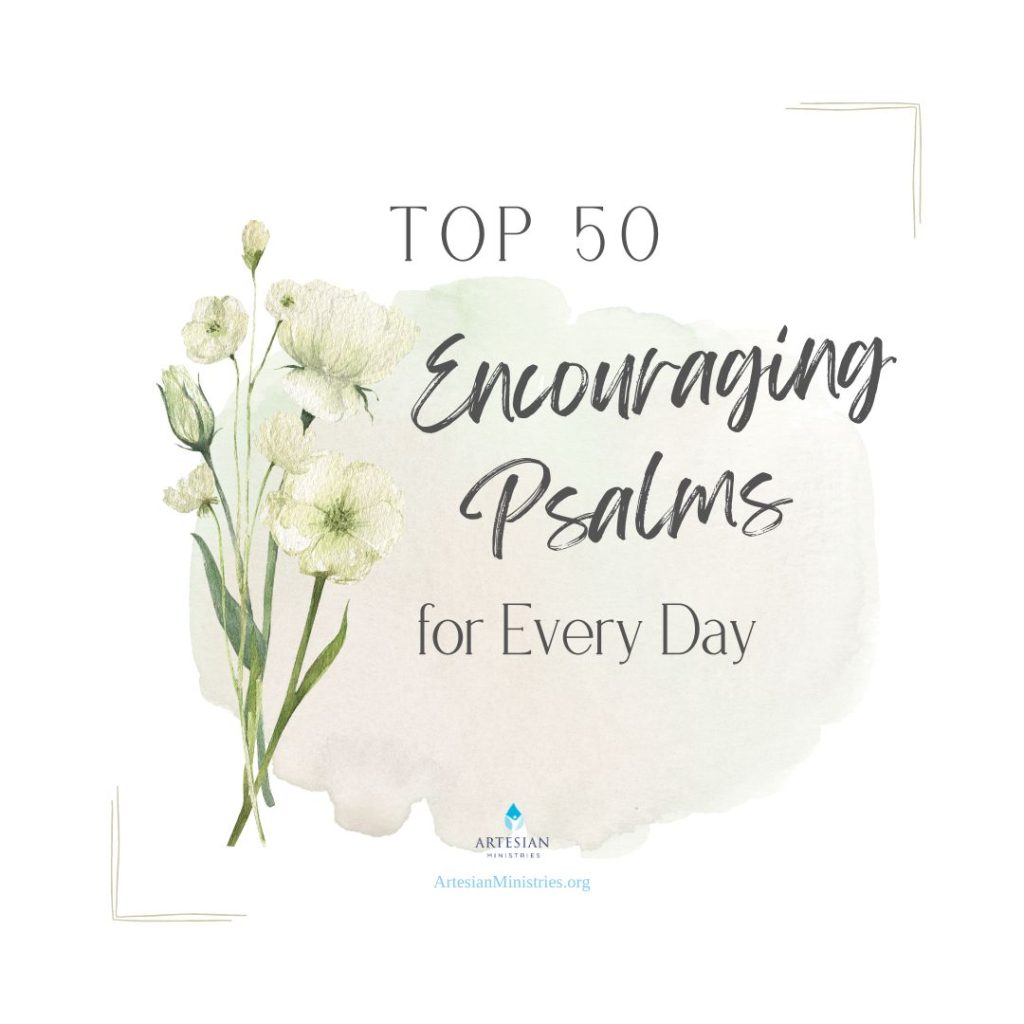
Best Psalms for Encouragement
Each and every day we need encouragement from God’s Word. He knows that it’s hard being us. It is hard living for Christ in this world. So in the Book of Psalms, God has given us encouraging psalms for every occasion, hurt, and need. If you need encouragement today, start with these.
Psalm 16:5, 8: “Lord, you alone are my portion and my cup; you make my lot secure. I keep my eyes always on the Lord. With him at my right hand, I will not be shaken.”
Psalm 37:3-4: “Trust in the Lord and do good; dwell in the land and enjoy safe pasture. Take delight in the Lord, and he will give you the desires of your heart.”
Psalm 121:1-2: “I lift up my eyes to the mountains—where does my help come from? My help comes from the Lord, the Maker of heaven and earth.”
Psalm 31:24: “Be strong and take heart, all you who hope in the Lord.”
Psalm 145:18: “The Lord is near to all who call on him, to all who call on him in truth.”
Related post: Powerful Bible Verses to Start Your Day With God

Best Psalms for Healing
Everyone needs healing at one point or another in our lives. Whether physically, mentally, or spiritually, the Word of God provides key verses of encouraging psalms to focus on healing. God, maker of heaven and earth, is our ever-present help in every situation.
Psalm 107:19-20: “Then they cried to the Lord in their trouble, and he saved them from their distress. He sent out his word and healed them; he rescued them from the grave.”
Psalm 55:22: “Cast your cares on the Lord and he will sustain you; he will never let the righteous be shaken.”
Psalm 103:2-4: “Praise the Lord, my soul, and forget not all his benefits—who forgives all your sins and heals all your diseases, who redeems your life from the pit and crowns you with love and compassion.”
Psalm 147:3: “He heals the brokenhearted and binds up their wounds.”
Psalm 34:19-20: “The righteous person may have many troubles, but the Lord delivers him from them all; he protects all his bones, not one of them will be broken.”
Related post: 10 Powerful Prayers for Repentance and Restoration
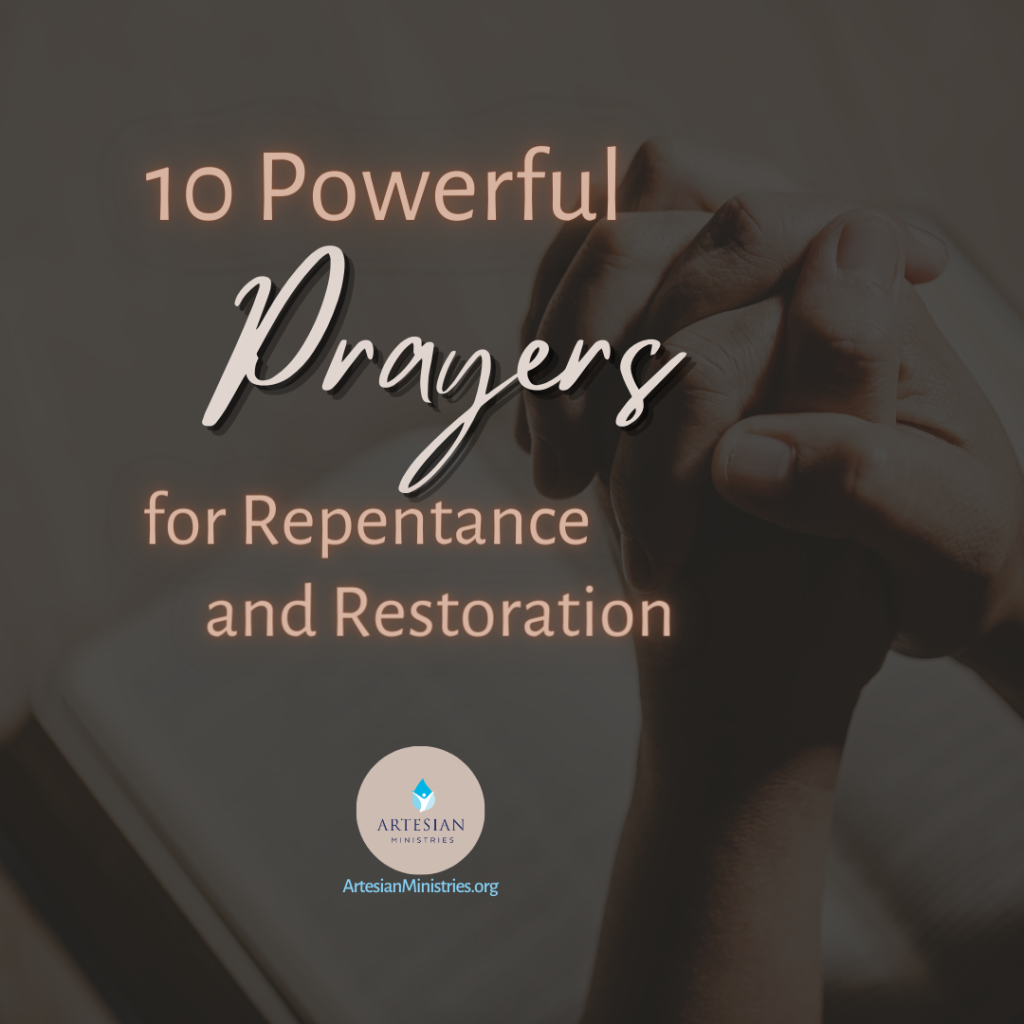
Encouraging Psalms for Strength
Spiritual warfare never takes a break. We cannot be part-time Christians when we have a full-time enemy. These popular psalms and encouraging psalms about the Lord’s strength will encourage you to stay strong in the Lord!
Psalm 37:39: “The salvation of the righteous comes from the Lord; he is their stronghold in time of trouble.”
Psalm 18:32: “It is God who arms me with strength and keeps my way secure.”
Psalm 62:6: “Truly he is my rock and my salvation; he is my fortress, I will not be shaken.
Psalm 105:3-4: “Glory in his holy name; let the hearts of those who seek the Lord rejoice. Look to the Lord and his strength; seek his face always.”
Psalm 46:1: “God is our refuge and strength, an ever-present help in trouble.”
Related post: 100 Promises of God in the Bible to Strengthen Your Faith
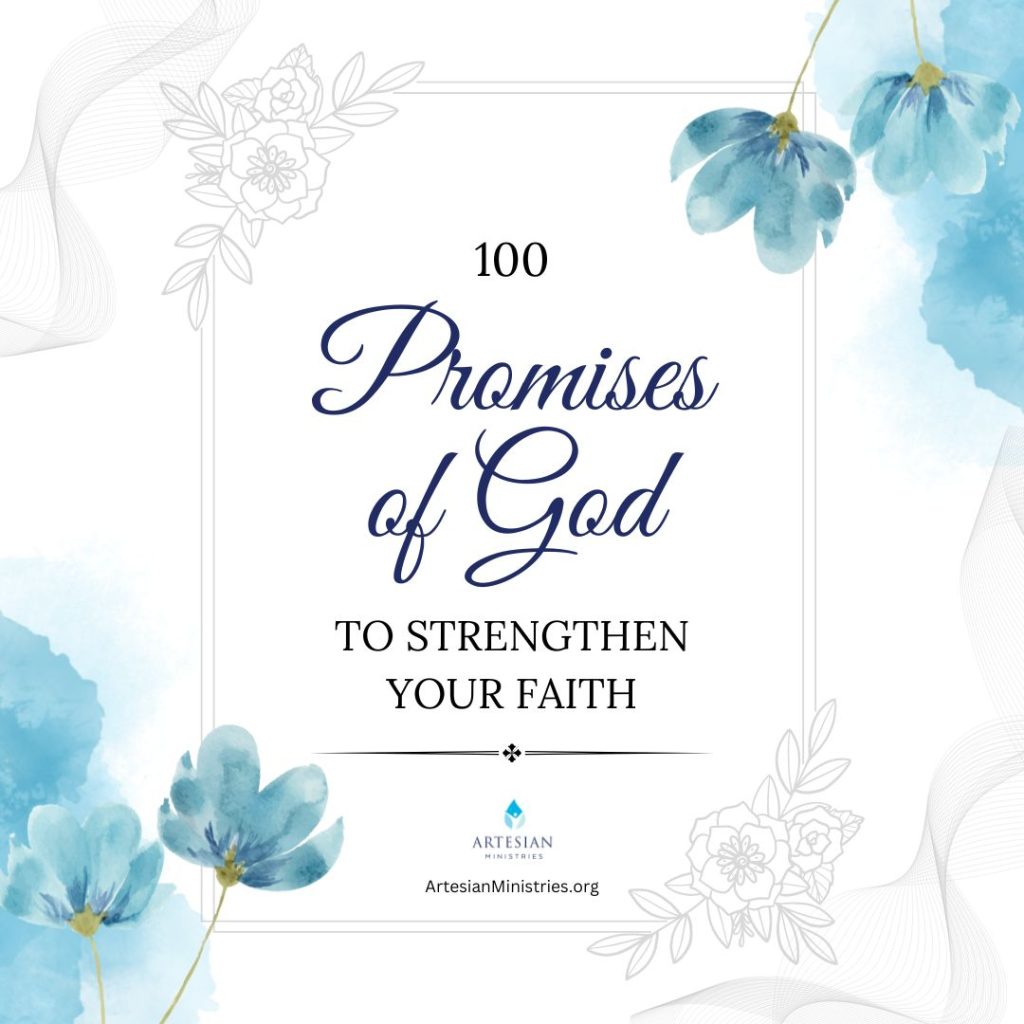
Best Psalms for Protection
We have an enemy who studies us for weaknesses and new ways to try old tricks. We need to remind ourselves from Scripture that our source of hope and victory is the Lord Almighty. Keep these favorite bible verses and encouraging psalms close when you feel the wicked advance.
Psalm 118:14: “The Lord is my strength and my defense; he has become my salvation.”
Psalm 91:1, 14-15: “He who dwells in the shelter of the Most High will abide in the shadow of the Almighty. Because he loves me,” says the Lord, “I will rescue him; I will protect him, for he acknowledges my name. He will call on me, and I will answer him; I will be with him in trouble, I will deliver him and honor him.”
Psalm 144:2: “He is my loving God and my fortress, my stronghold and my deliverer, my shield, in whom I take refuge, who subdues peoples under me.”
Psalm 28:8: “The Lord is the strength of his people, a fortress of salvation for his anointed one.”
Psalm 32:7: “You are my hiding place; you will protect me from trouble and surround me with songs of deliverance.”
Related post: Powerful Prayer for God’s Protection from Psalm 91

Encouraging Psalms for Comfort
Knowing the Lord’s unfailing love for His children is one of the best comforts in this life. God never wastes a hurt. The beauty of the Lord is evident in how He walks with us through our darkest valley when we are in need of comfort. He gave us the Holy Spirit to comfort us from the inside out. Here are some of the most comforting psalms and encouraging psalms from the Bible.
Psalm 23:3-4, 6: “He restores my soul. He leads me in paths of righteousness for his name’s sake. Even though I walk through the valley of the shadow of death, I will fear no evil, for you are with me; your rod and your staff, they comfort me. Surely goodness and mercy shall follow me all the days of my life, and I shall dwell in the house of the Lord forever.”
Psalm 40:1-2: A psalm of David: “I waited patiently for the Lord; he turned to me and heard my cry. He lifted me out of the slimy pit, out of the mud and mire; he set my feet on a rock and gave me a firm place to stand.”
Psalm 62:8: “Trust in him at all times, you people; pour out your hearts to him, for God is our refuge.”
Psalm 121:7-8: “The Lord will keep you from all harm—he will watch over your life; the Lord will watch over your coming and going both now and forevermore.”
Psalm 126:5: “Those who sow with tears will reap with songs of joy.”
Related resource: Bible study “God of All Comfort”
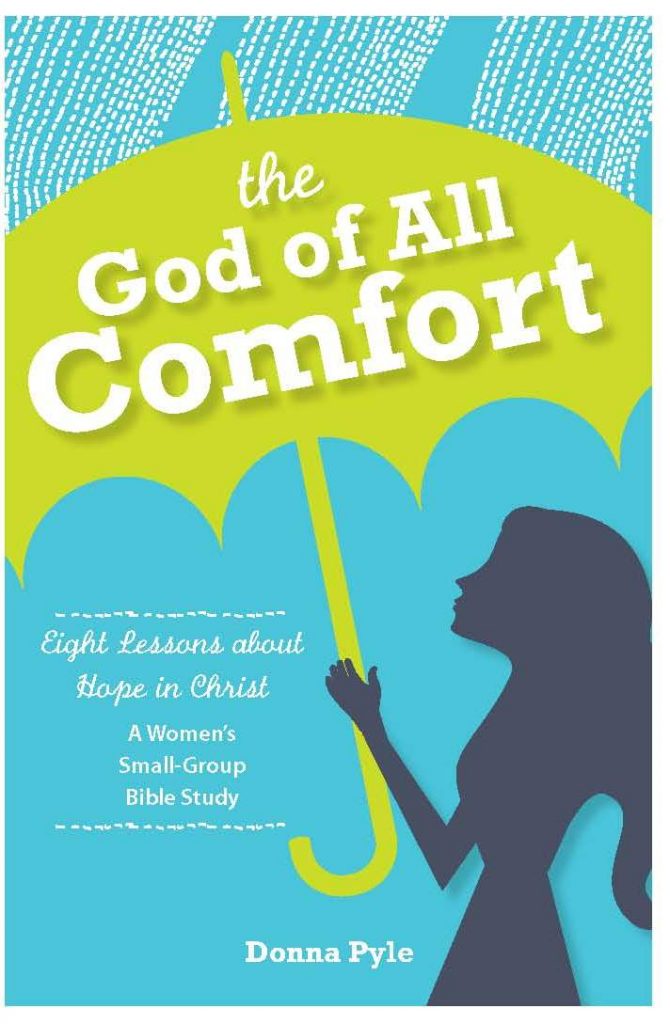
Best Psalms for Anxiety
There is much in this world that can cause anxiety in believers. When we see the law of the Lord trampled or hear the name of the Lord taken in vain. On top of that, we have outrageous expectations we place on ourselves (or placed on us by others). I pray that these encouraging psalms in Scripture lead you to the stress-free, quiet waters of the Lord.
Psalm 18:28: “You, Lord, keep my lamp burning; my God turns my darkness into light.”
Psalm 143:8: “Let the morning bring me word of your unfailing love, for I have put my trust in you. Show me the way I should go, for to you I entrust my life.”
Psalm 46:5: “God is in the midst of her; she shall not be moved; God will help her when morning dawns.”
Psalm 4:8: “In peace I will both lie down and sleep; for you alone, O Lord, make me dwell in safety.”
Psalm 94:18-19: “When I thought, “My foot slips,” your steadfast love, O Lord, held me up. When the cares of my heart are many, your consolations cheer my soul.”
Related post: What is the Biblical Meaning of Restore and Renew?
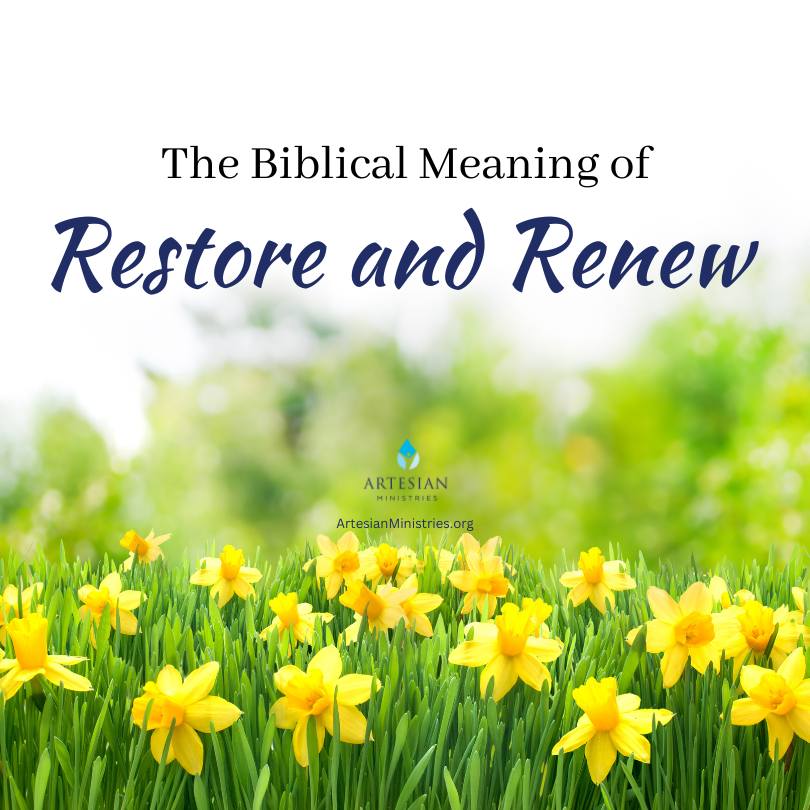
Best Psalms for Overcoming Fear
If we pay close attention, it feels like there is a low hum of fear undergirding our world today. But that is not how we have to operate when Jesus Christ is our Savior! I find that extra time in Bible study does wonders when fear creeps in.
Fear of the Lord is wise, but He can remove other fears causing spiritual stumbling blocks. Here are some excellent verses and encouraging psalms from the Bible to focus on God’s holy name instead of fear.
Psalm 27:1: “The Lord is my light and my salvation; whom shall I fear? The Lord is the stronghold of my life; of whom shall I be afraid?”
Psalm 73:26: “My flesh and my heart may fail, but God is the strength of my heart and my portion forever.”
Psalm 118:5-7: “Out of my distress I called on the Lord; the Lord answered me and set me free. The Lord is on my side; I will not fear. What can man do to me? The Lord is on my side as my helper; I shall look in triumph on those who hate me.”
Psalm 59:16-17: “But I will sing of your strength; I will sing aloud of your steadfast love in the morning. For you have been to me a fortress and a refuge in the day of my distress. O my Strength, I will sing praises to you, for you, O God, are my fortress, the God who shows me steadfast love.”
Psalm 27:2-3: “When evildoers assail me to eat up my flesh, my adversaries and foes, it is they who stumble and fall. Though an army encamp against me, my heart shall not fear; though war arise against me, yet I will be confident.”
Related post: Encouraging Bible Verses for When You Feel Alone

Best Psalms for Prayer
Prayer is one of the most underrated and underutilized blessings in a believer’s life. The Psalms is a wonderful book in Scripture to ramp up your prayer life. These encouraging psalms of prayer transport ordinary human beings into the throne room of God. Whether you are experiencing times of trouble or need to be reminded of the Lord’s steadfast love, these verses are a great place to start.
Psalm 119:33-34: “Teach me, O Lord, the way of your statutes; and I will keep it to the end. Give me understanding, that I may keep your law and observe it with my whole heart.”
Psalm 63:1-3: “O God, you are my God; earnestly I seek you; my soul thirsts for you; my flesh faints for you, as in a dry and weary land where there is no water. So I have looked upon you in the sanctuary, beholding your power and glory. Because your steadfast love is better than life, my lips will praise you.”
Psalm 19:14: “Let the words of my mouth and the meditation of my heart be acceptable in your sight, O Lord, my rock and my redeemer.”
Psalm 17:1: “Hear a just cause, O Lord; attend to my cry! Give ear to my prayer from lips free of deceit!”
Psalm 32:5-6: “I acknowledged my sin to you, and I did not cover my iniquity; I said, “I will confess my transgressions to the Lord,” and you forgave the iniquity of my sin. Therefore let everyone who is godly offer prayer to you at a time when you may be found.”
Related post: Positive Monday Motivation Prayers and Prayer Quotes
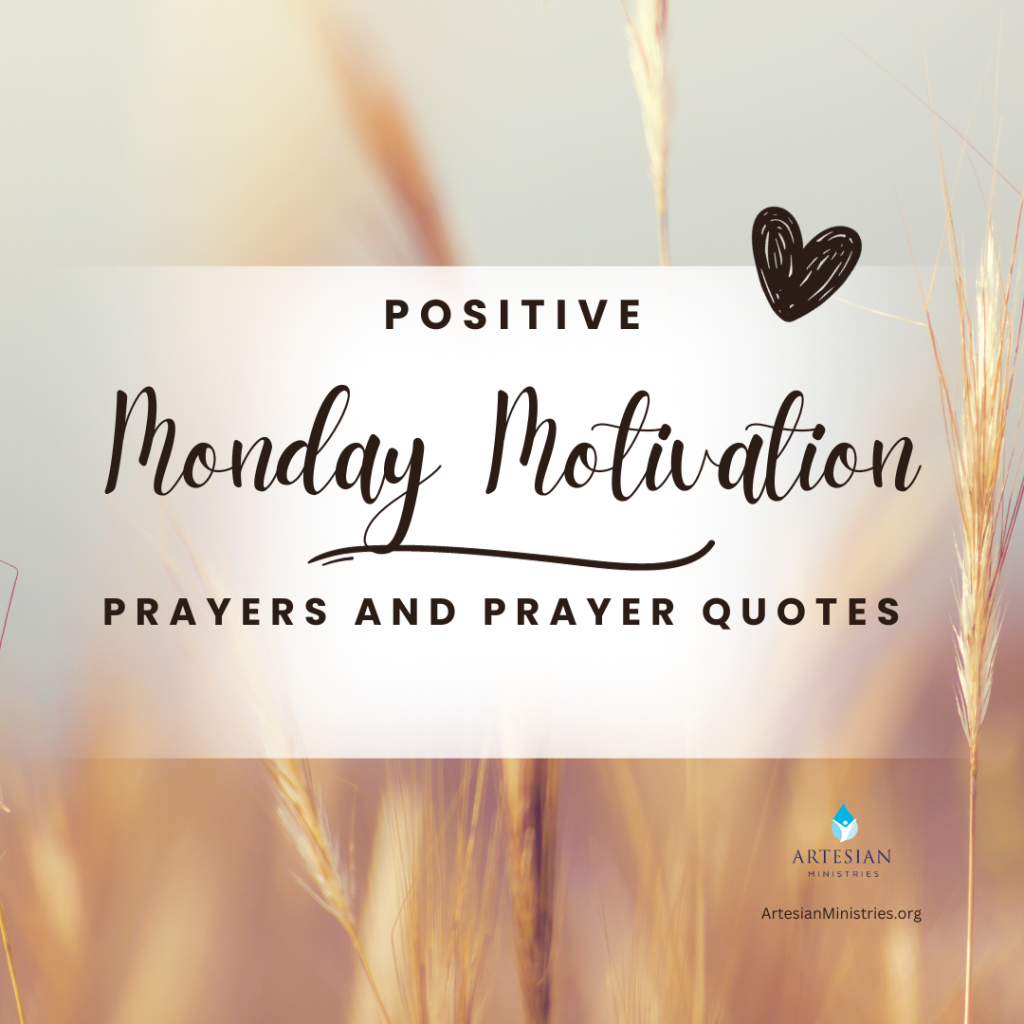
Best Psalms to Memorize
The testimony of the Lord and God’s goodness through the psalms provides endless possibilities to memorize cherished verses. If you are in need of peace, have a broken heart, need to draw boundary lines, or simply know God’s character, here are some excellent, encouraging psalms from Scripture to memorize.
Psalm 62:5: “For God alone, O my soul, wait in silence, for my hope is from him.”
Psalm 51:10: “Create in me a clean heart, O God, and renew a right spirit within me.”
Psalm 121:3: “He will not let your foot be moved; he who keeps you will not slumber.”
Psalm 100:5: “For the Lord is good; his steadfast love endures forever, and his faithfulness to all generations.”
Psalm 139:13-14: “For you formed my inward parts; you knitted me together in my mother’s womb. I praise you, for I am fearfully and wonderfully made. Wonderful are your works; my soul knows it very well.”
Related post: Best Bible Verses to Memorize (Plus Free Download)

Best Psalms to Praise God
The book of Nehemiah reminds us that the joy of the Lord is our strength. Praising God for His perfect gifts and wonderful blessings is our act of worship. We give thanks and praise God in good times, but offering praise from a broken heart is powerful. The glory of God shines in your life, so let’s offer shouts of joy to the God of Jacob from these encouraging psalms!
Psalm 16:11: “You make known to me the path of life; in your presence there is fullness of joy; at your right hand are pleasures forevermore.”
Psalm 71:20-22: “You who have made me see many troubles and calamities will revive me again; from the depths of the earth you will bring me up again. You will increase my greatness and comfort me again. I will also praise you with the harp for your faithfulness, O my God; I will sing praises to you with the lyre, O Holy One of Israel.”
Psalm 30:4-5: “Sing praises to the Lord, O you his saints, and give thanks to his holy name. For his anger is but for a moment, and his favor is for a lifetime. Weeping may tarry for the night, but joy comes with the morning.”
Psalm 145:5: “On the glorious splendor of your majesty, and on your wondrous works, will be the meditation of my heart.”
Psalm 150:1-2: “Praise the Lord! Praise God in his sanctuary; praise him in his mighty heavens! Praise him for his mighty deeds; praise him according to his excellent greatness!”
Related post: How Many Times is Joy Mentioned in the Bible?
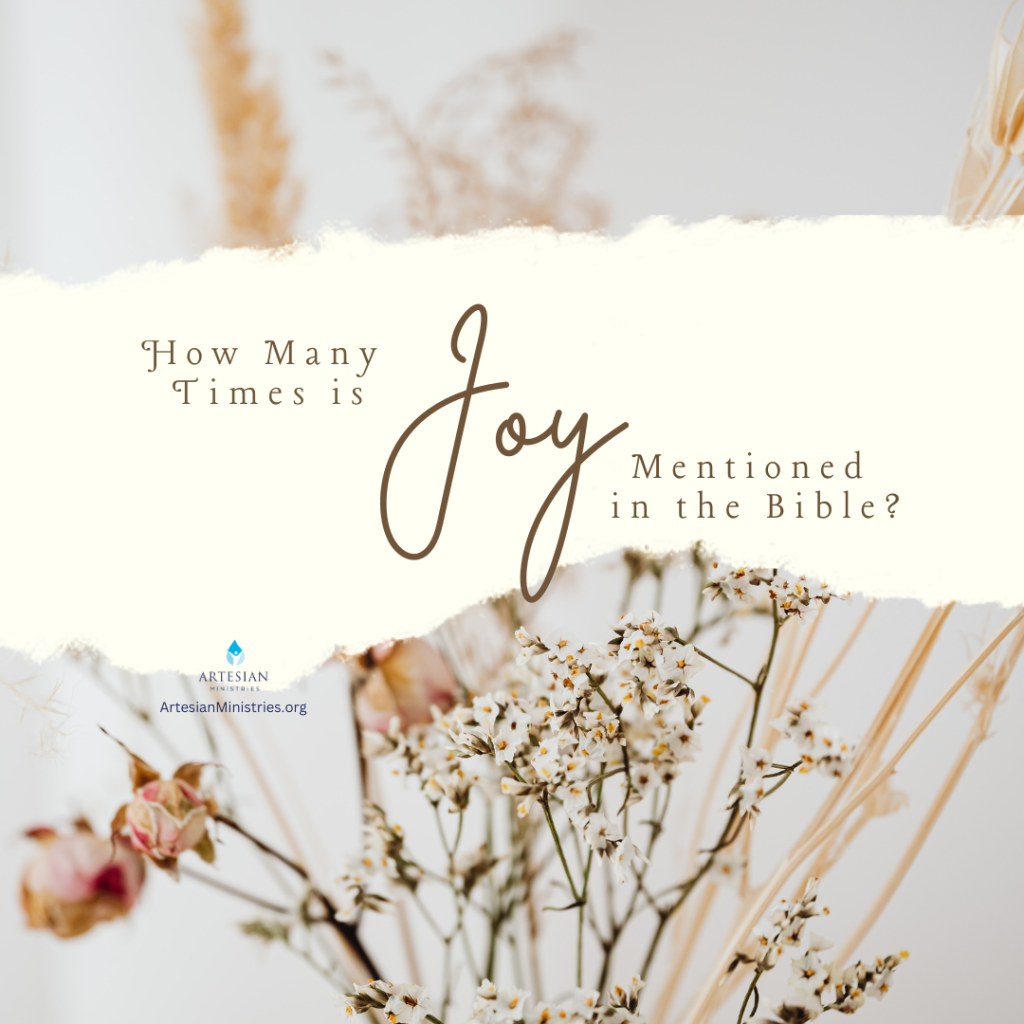
Bottom Line
The Psalms hold an incredible treasure trove for all who read it. The rest of the wisdom literature of the Bible offers many verses on having a right spirit, following the right paths, and how holy people can avoid the way of sinners. There are different ways to study the Bible, but these provide a solid start.
Remember that there is more than one biblical book and one chapter of the Bible where we can be assured that the eyes of the Lord watch over us. Start with these psalms and keep digging. God’s blessings on your journey!
Related Posts:
- Best Bible Reading Plans
- 12 Powerful Scriptures to Pray for Financial Breakthrough
- 25 Powerful Bible Verses to Pray for Safe Travel
About the Author
Donna is a sought-after speaker, multi-published author, and Bible teacher. Her path from unchurched to becoming passionate about sharing Jesus was difficult. Read about her God-breathed journey: “From Unchurched to Becoming a Multi-Published Author and Sought-After Speaker.” If you want to send Donna a quick message, visit her here.

{Some of these links are affiliate links. If you purchase through that link, the ministry may receive a small commission at no extra cost to you.}

